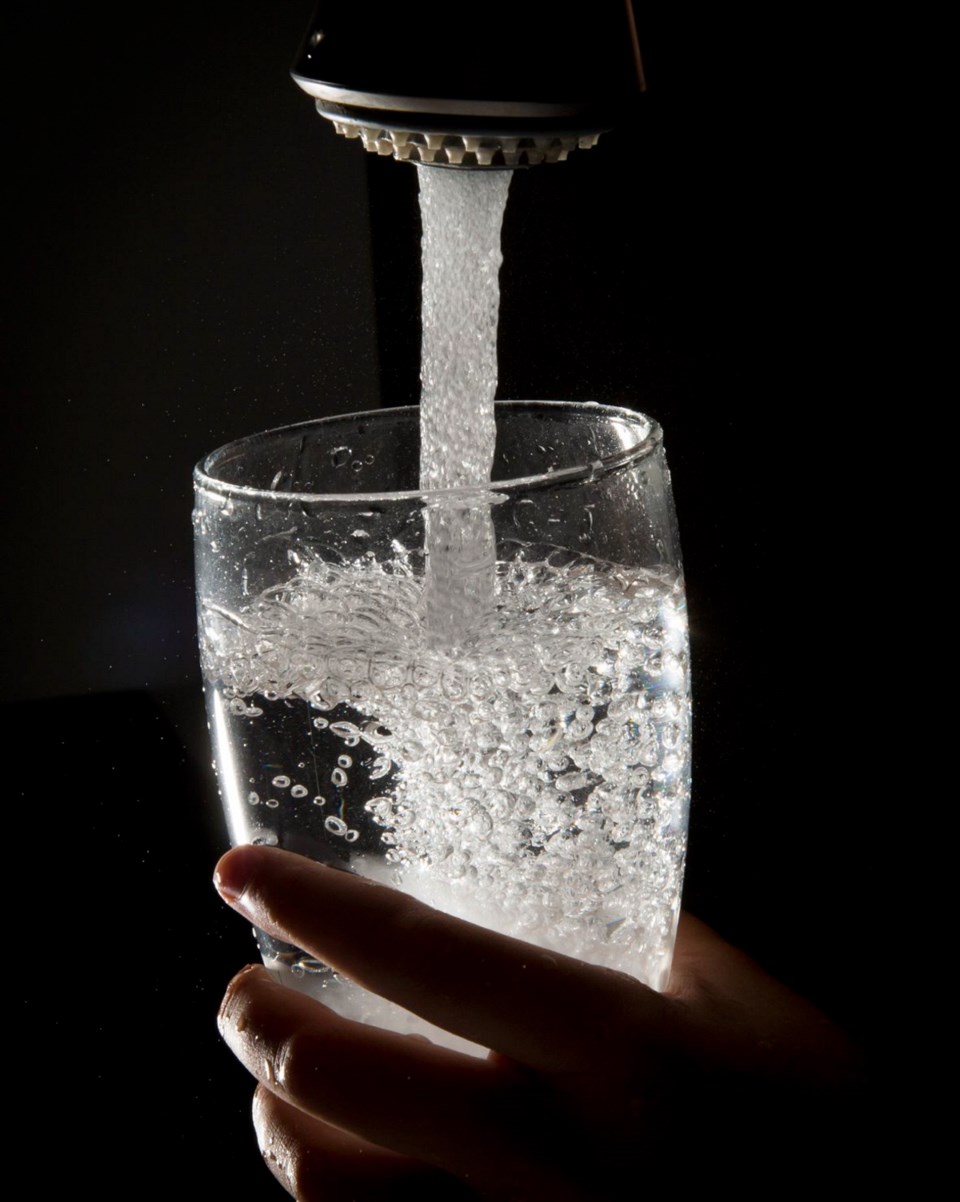B.C. health officials need to do a better job of protecting the province’s drinking water in the face of increasing risks due to climate change, industrial activity and population growth, the province’s auditor general says.
In a report released Tuesday, Carol Bellringer took aim at what she portrayed as lacklustre efforts by the Ministry of Health and the Office of the Provincial Health Officer since 2002.
“Overall, health and the [provincial health officer’s] accountability to ensure drinking water was protected is of grave concern,” she wrote.
Bellringer noted that the government gave the Health Ministry responsibility for co-ordinating all ministries and agencies that protect the province’s drinking water. She found, however, that the ministry’s vigilance and leadership “waned” over time.
“As a result, most co-ordinating bodies have disbanded, there is no strategic plan to guide the direction of drinking-water protection, and efforts to protect small water systems have been limited,” the report said.
Bellringer said the government doesn’t even know which water systems are at risk.
The provincial health officer, meanwhile, was supposed to oversee the government and the agencies charged with delivering safe drinking water. But Bellringer found that oversight was inadequate.
“[The provincial health officer] has reported sporadically on drinking water and potential issues over the years, but not annually, as required in the Drinking Water Protection Act,” the report said.
When the office did report, many of its recommendations were ignored.
In the Comox Valley, the provincial health officer recommended a drinking-water protection plan for the watershed on four occasions, but the government never acted.
Bellringer calls on the Ministry of Health to improve its leadership, develop a strategic plan and identify risks. In addition, she recommends the provincial health officer improve oversight, monitor progress and report in a timely fashion.
Health Minister Adrian Dix said the report is “massively critical” of the former Liberal government that was defeated in 2017.
“The auditor general says in terms of oversight and direction of government, you need to up your game and address this incoherence that was allowed to develop after 2002, and I’d agree with that,” he said.
“There’s a lot of different and overlapping responsibilities, so we need to clear that up and have clearer lines of authority. I took that from the report and I take it seriously.”
He argued, however, that health officials are doing good work “on the ground” to improve water systems across the province.
Provincial health officer Dr. Bonnie Henry said in a statement that the majority of British Columbians enjoy clean, safe and reliable drinking water.
“There has not been any major waterborne outbreaks in B.C. since 2004,” she said. “This is a tribute to the vigilance of the health authority drinking-water officers and the drinking-water suppliers.”
B.C. Green Party MLA Sonia Furstenau, who represents the Cowichan Valley, said Bellringer’s report is concerning, but hardly surprising.
“In pretty much every rural and semi-rural community I’ve visited, people are concerned about their drinking water,” she said. “We’re seeing boil-water advisories. We’re seeing impacts from clear-cut logging in drinking watersheds. We’re seeing impacts from industrial use.”
In many cases, the onus is put on local governments or even small water-system owners to clean up the mess at enormous expense, she said.
“When you have local governments having to install multimillion-dollar water-treatment plants after clear-cut logging has happened in their drinking watershed, and the cost of that falls to local residents, over time you are eroding the foundation of communities in B.C.”
Furstenau called for urgent action to tackle the issue and put the protection of drinking water at the centre of decision-making.
“I think this report really highlights that time is running out in terms of mitigating these risks,” she said.



